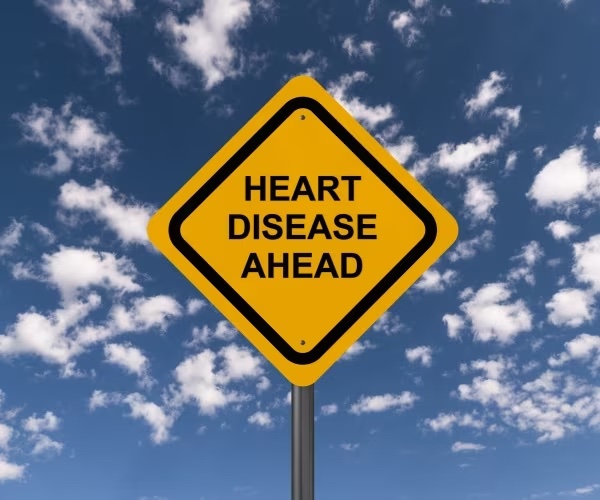Don’t Ignore These Sneaky Signs of Heart Disease

Dreamstime
By Lynn C. Allison From Newsmax
You may already know the telltale signs of a heart attack, such as chest pain or shortness of breath, but experts say that being aware of the little-known signs of heart disease can save your life. Some signs that you may be experiencing heart problems are more subtle, and not well-known.
• Difficulty breathing when lying down. According to AARP, this may be caused by a buildup of fluid in the lungs, which can indicate heart failure. The condition, known as orthopnea, needs medical help immediately. Snoring can also be a red flag, signaling sleep apnea which can exacerbate heart disease.
Special: Coronary Heart Disease: 5 Tips to Reduce Your Risk
• Leg or hip pain, or both. Blockages in the leg arteries can cause pain when walking. While pain in the lower body may be caused by arthritis, injuries or simply being out of shape, it could also be a sign of circulation problems from peripheral artery disease. If large leg arteries are clogged, chances are your smaller arteries of the heart are also clogged.
• Erectile dysfunction. According to the Mayo Clinic, erectile dysfunction (ED) can be an early warning sign of current or future heart problems. Experts believe that ED preceding heart problems is due to the dysfunction of the inner lining (endothelial tissue) of the blood vessels. This causes inadequate blood supply to the heart and impaired blood flow to the penis.
• Vaginal dryness. In women, blood flow issues include vaginal dryness and lack of libido. Endothelial dysfunction leads to less elastic blood vessels, which impairs blood flow to the sexual organs, “The first step of developing cardiovascular disease, or coronary heart disease, is the endothelial dysfunction,” says Dr. Ernst von Schwarz, a cardiologist, researcher and clinical professor at Cedars-Sinai Medical Center and the University of California Los Angeles.
• Swollen ankles. When your heart is not efficiently pumping blood, fluid can swell in both legs. Swelling can also occur when veins in the legs cannot return fluid to the heart. In cases related to heart failure, swelling usually occurs in both legs. When the swelling happens in only one leg, it may be due to a blood clot or infection. Call you doctor if the swelling is accompanied by another symptom, such as shortness of breath.
• Frequent urination at night. A weak heart pumps less blood to the kidneys, which may result in fluid buildup and swollen ankles and legs. When you go to bed, gravity drains fluid in the legs back to the heart. The kidneys then have more fluid to filter, increasing the need to pee. Waking up more than once a night to visit the bathroom may be concerning.
• Bad breath. Bad breath is caused by rampant bacteria, which can enter the bloodstream through bleeding or diseased gums. This is linked to inflammation, clogged arteries, and stroke. There is a link between periodontal disease and cardiovascular disease, says Florida-based periodontist David Genet.
• Extreme fatigue. Feeling tired all the time can be a symptom of heart failure, says the British Heart Foundation. If you are tired because of working long hours or staying up late, it’s probably not your heart. But if you experience extreme tiredness and your lifestyle has not changed, seek medical help.
© 2024 NewsmaxHealth. All rights reserved.
For more on this story go to: NEWSMAX





